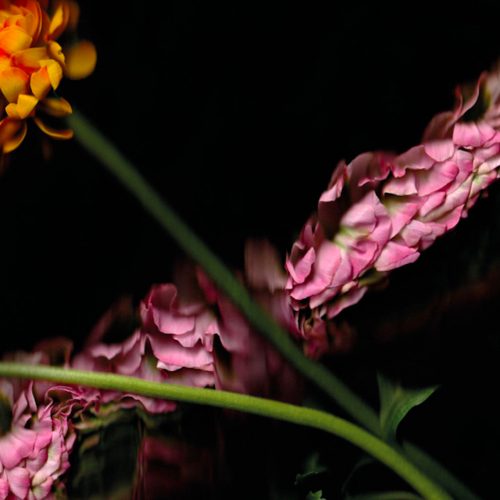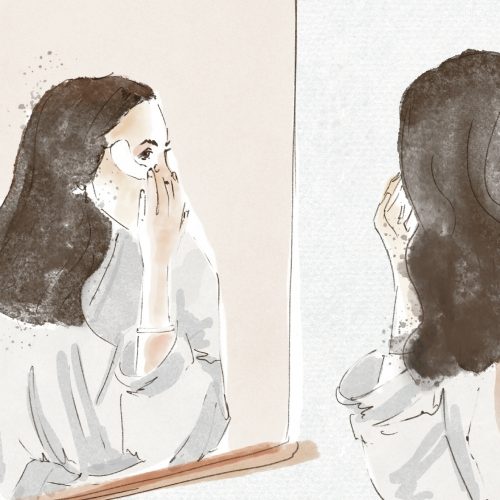Coral Restoration Schemes
Coral reefs provide home and shelter to many species in the ocean, they protect the coast from erosion and are also a source of fishing and an attraction for tourists. Due to global warming and the impact of humans they are being endangered. Many scientist and local communities are fighting to help them survive through coral restoration schemes.
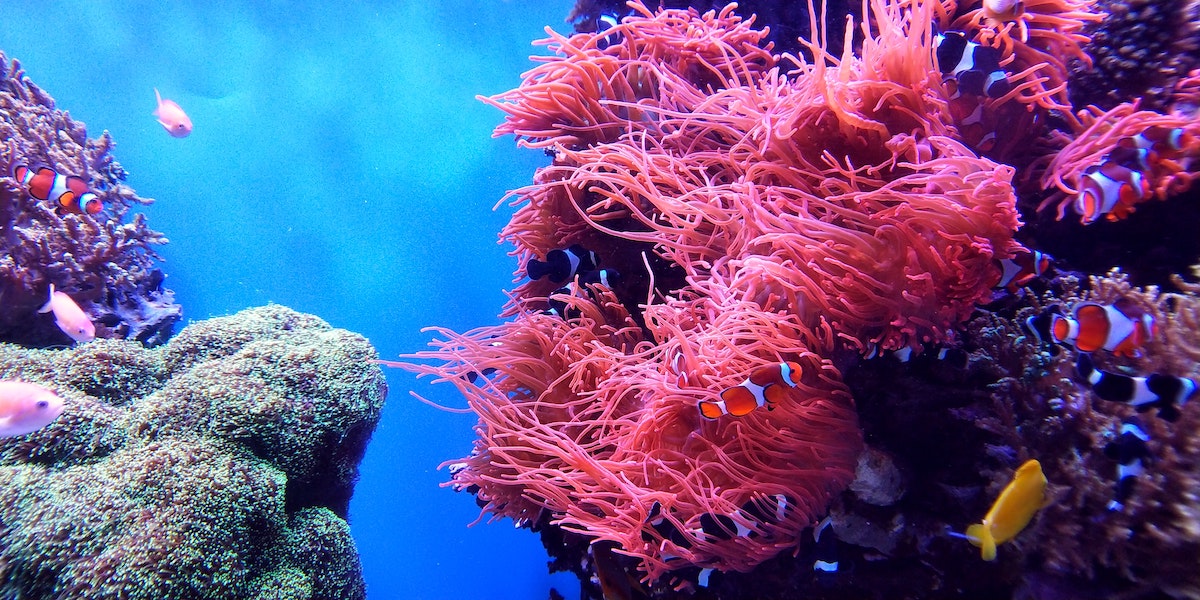
If we were to describe what a coral reef is, we would use words such as enchanting, breathtaking underwater structures full of life. Coral reefs are not only notorious for their beauty, their unique ecosystems breathe life into the ocean. Despite only representing the 0.17 percent of the world ocean’s area, Coral reefs are home or roughly 30% of marine life.
In places where coral reefs are to be found, such as the Caribbean, Hawaii or Australia, the tourism industry gains a lot. From diving tours, hotels and plenty of other services; coral reefs are a source of income from many communities on the shores. Not only tourism but also coastal development and commercial fisheries take advantage of them. Globally, the economic benefit from coral reefs a yearly value of US$ 30 billion.
Nevertheless, global warming, over fishing and other disturbances that we have inflicted upon coral reefs resulted in the endanger of these beautiful ecosystems. Nowadays, roughly 75% of the world’s coral reefs are rated as threatened. Through coral restoration schemes, scientist, local inhabitants and even tourist that volunteer are making great efforts to try and save coral reefs all around the world.
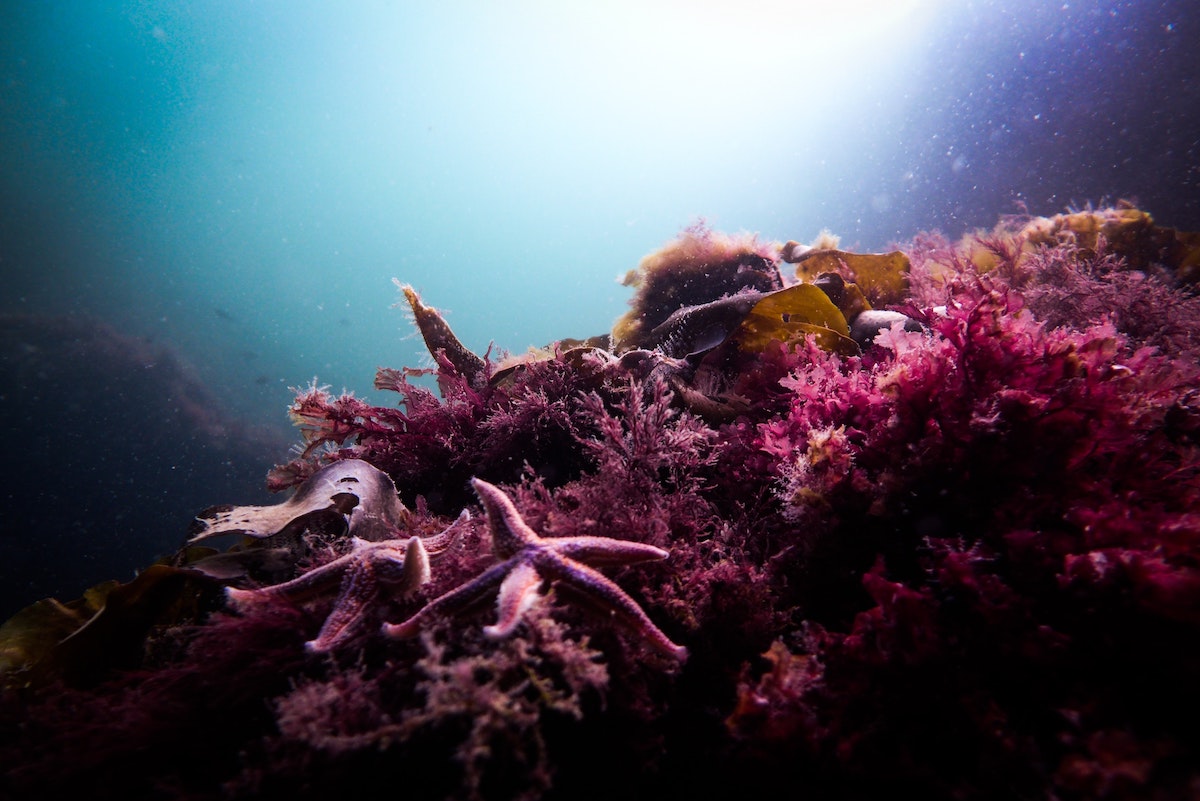
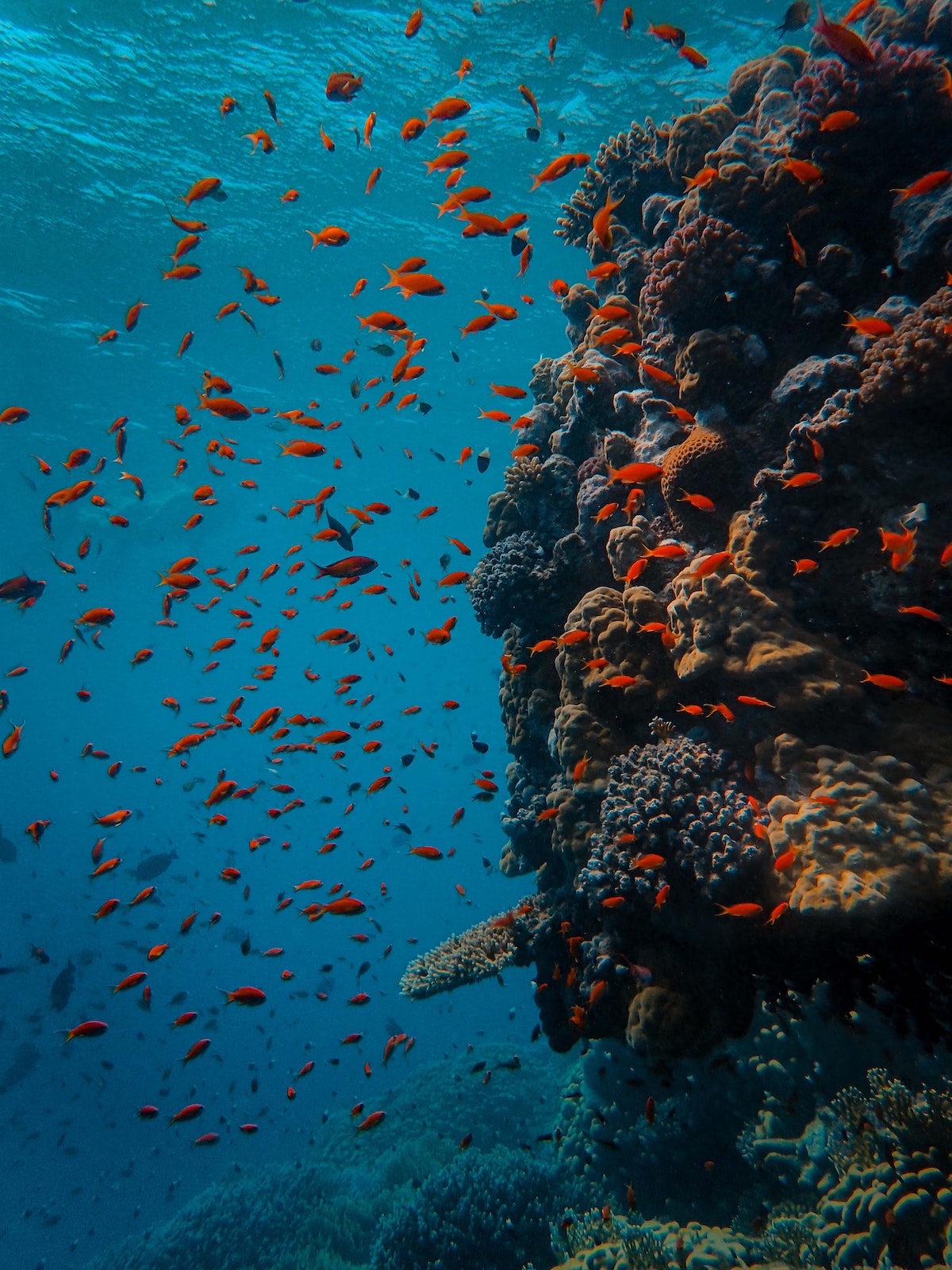
HOW DO THEY WORK?
Coral restoration schemes tend to be multidisciplinary, since there are many ways to help the cause. Some of them are: controlling fishing activities, creating marine protected areas, keeping the ocean cleans, and coral regeneration schemes. Coral regeneration schemes work to restore the damaged and endangered ecosystems. Scientists collect the coral fragments that will be later raised in nurseries until they reach maturity; and then they restore them at the reef sites. As we have mentioned before, these initiates take place all around the world.
ALL AROUND THE WORLD
There are many coral restoration schemes that, in different ways, act towards a shared mission. Volunteers are welcome to take part and help preserve the different schemes. Let’s take a look at the different opportunities for volunteers:
Coral Restoration Foundation (Florida, USA)
The biggest restoration foundation on the planet focuses on actively restoring coral in a massive scale, as well as furthering research. In their website, you can find the different ways to be involved. The options are: diving programs, volunteering work, citizen science and events.
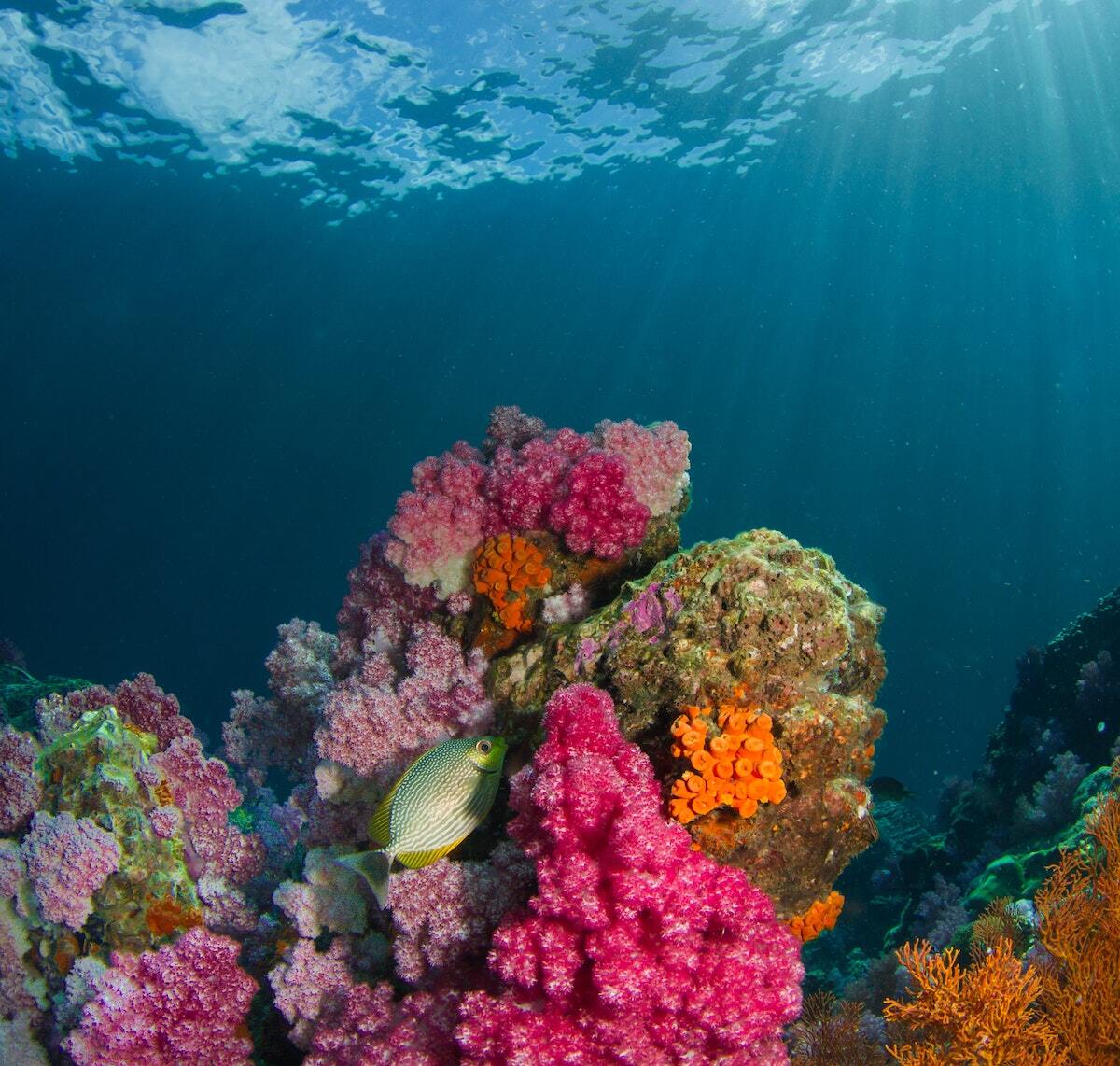
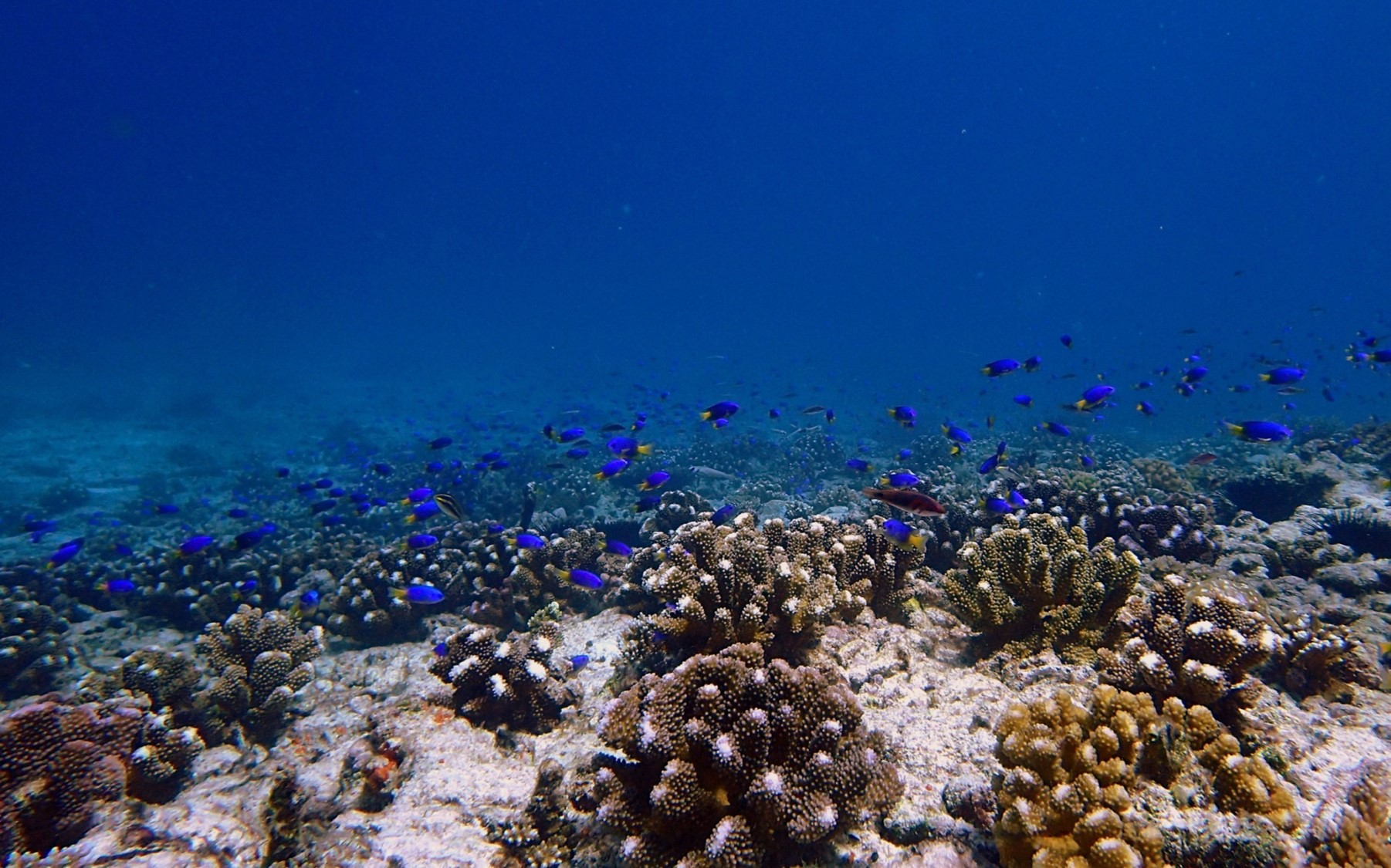
Reef after restoration in Cousin Island | Photo: Paul Anstey
Cousin Island Special Reserve (Seychelles)
Cousin Island is one of the world’s first whole island and sea reserve. It is located by the coast of the second largest island in the Seychelles. They have a restoration coral site, and two control sites, that help quantify the advancement of the restorations. Volunteers are welcomed all year long.
Coral reef conservation volunteer (Worldwide)
Through this platform, you can volunteer in many places around the world. Combining volunteering work and a vacation in a paradisiacal island seems like a terrific way of being a sustainable tourist.
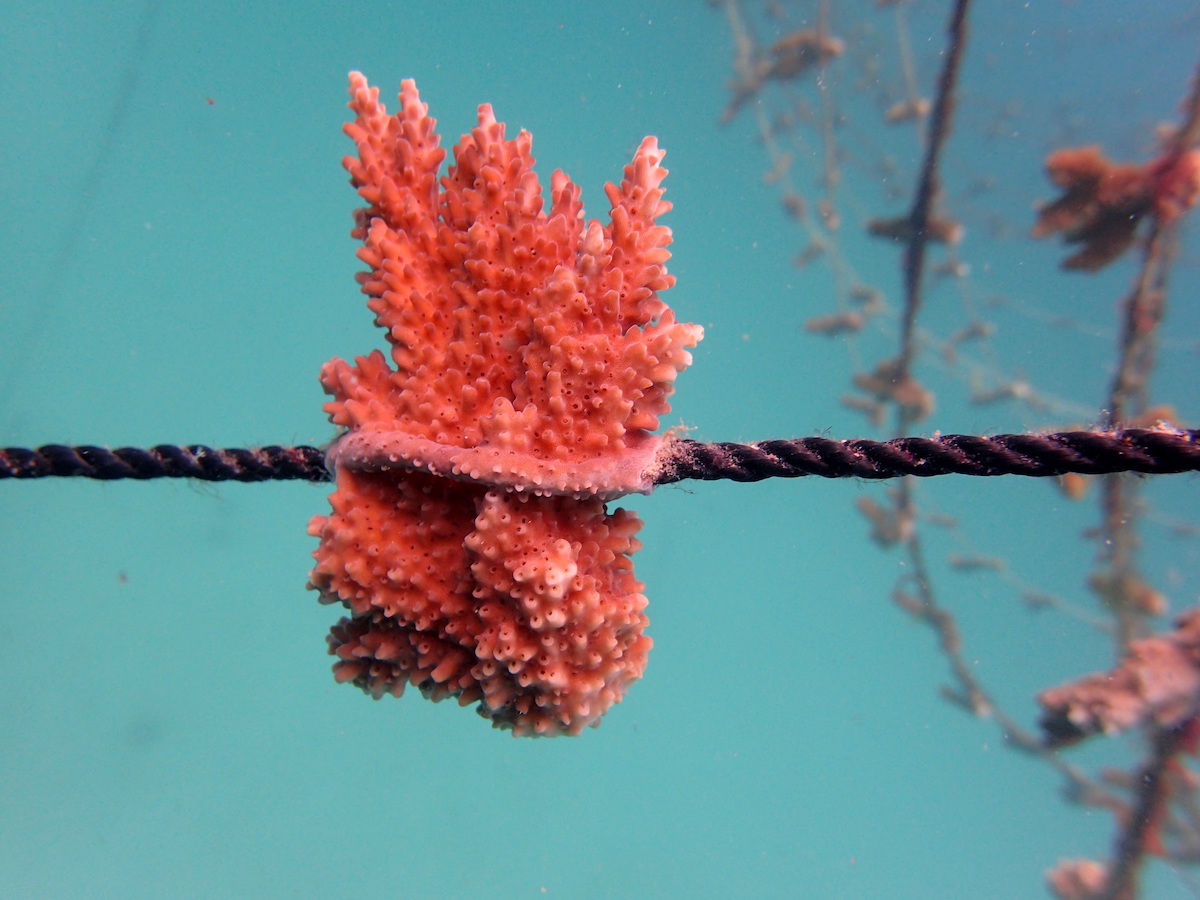
Photo by Chloe Shute
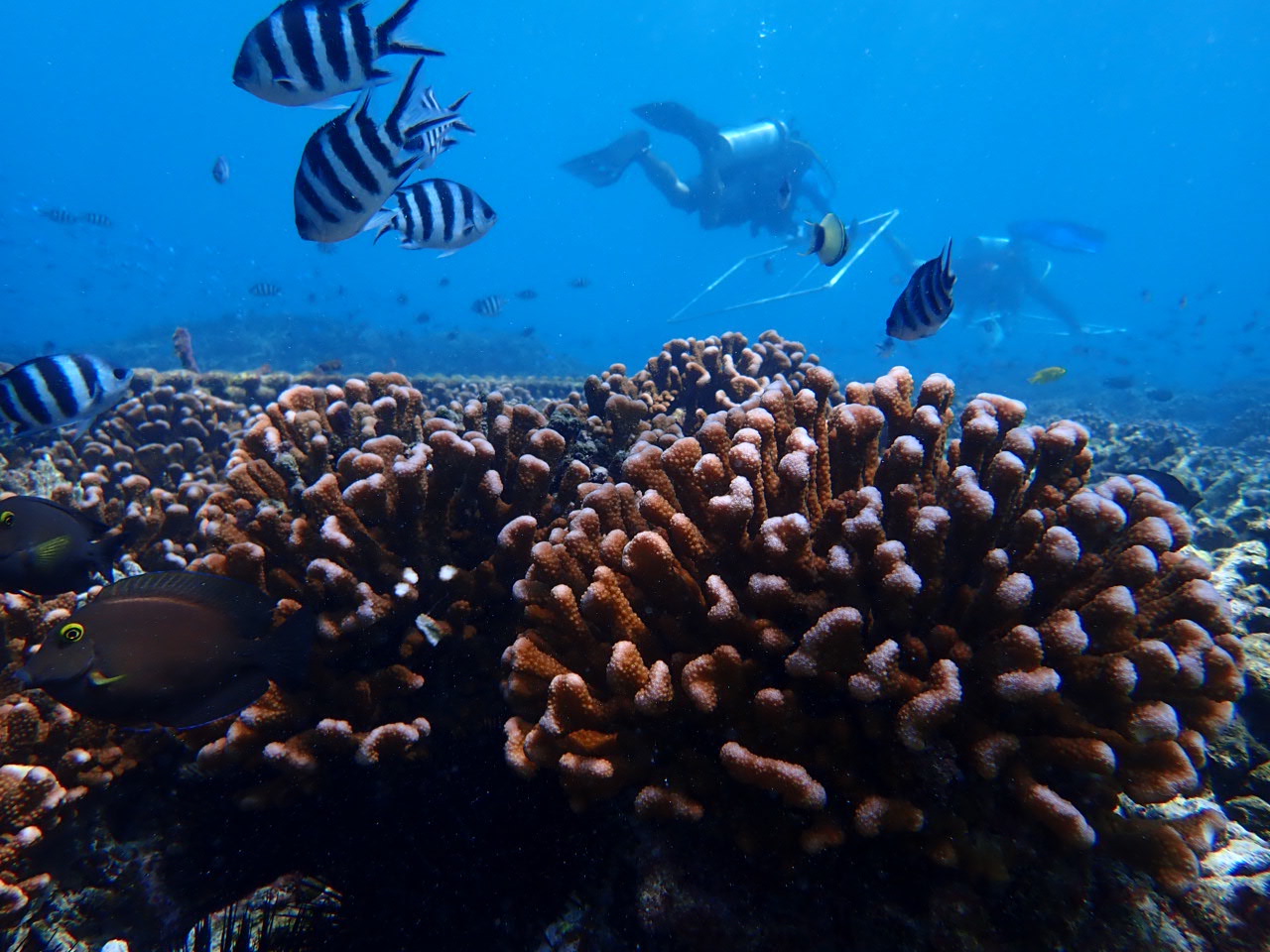
Coral Restoration Program at Cousin Island | Photo: Chloe Shute
THE RESPONSIBLE TOURIST
Coral reefs are an essential part of life on the planet. They safeguard a big part of marine life, but they are constantly endangered due to our activities and global warming. Through donations to these different schemes and volunteering, you can play an important role in restoring them.
The first step of being a responsible tourist (we know, we said it before!) is to measure your carbon footprint and contribute to offsetting it. If you are up for a different kind of holidays, combining pleasure and sustainability, you may want to consider volunteering in one of the many different coral restoration schemes that are available in these destinations.

+ Words: Leila Salinas, Luxiders Magazine
Journalist | Berlin-based
Connect with her on LinkedIn or Instagram (@leisalinas)

